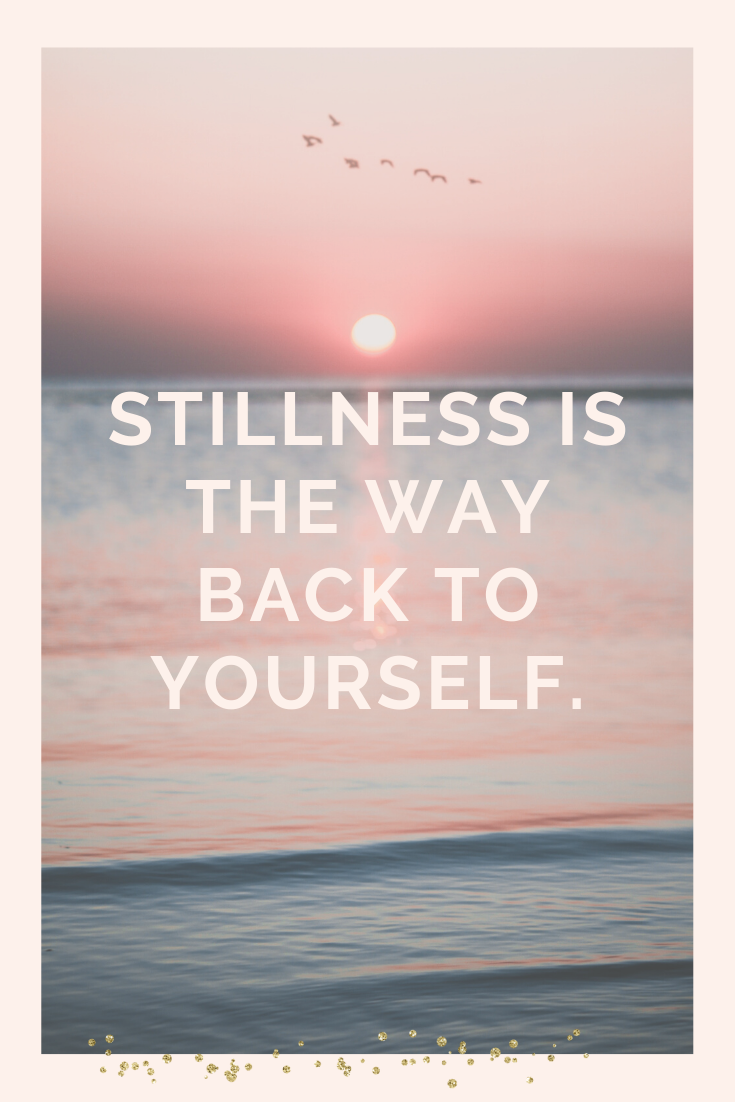Inner Excellence: #8 Presence and Stillness
The Power of the Pause
A principle that underpins focus, clarity, and emotional mastery: stillness. This emphasizes that in a noisy, fast-paced world, our greatest strength often lies in our ability to slow down, center ourselves, and stay fully here.
Stillness Is a Skill
Murphy explains that stillness isn’t just about sitting still or doing nothing—it’s about cultivating mental and emotional quiet in the midst of chaos. It’s a learned discipline that allows us to stay grounded and aware, even when life feels overwhelming.
In the same way athletes train their bodies, performers and leaders must train their minds to find that space of calm clarity within.
The Mind’s Constant Motion
Our minds are constantly racing—replaying the past, predicting the future, evaluating, reacting, judging. This constant motion pulls us out of the present moment and into stress, distraction, and emotional reactivity.
Murphy points out that without stillness, we lose touch with the very place where life happens: now. Stillness is the doorway back to presence, peace, and power.
The Space Between Stimulus and Response
One of the most powerful ideas is the importance of the pause. That tiny moment between what happens to us (stimulus) and how we respond. In that space, we have the power to choose—to act with intention rather than react with emotion.
Stillness is what expands that space. It gives us room to breathe, think clearly, and respond from our highest self rather than our conditioned habits.
Presence Fuels Performance
Murphy emphasizes that the highest performers aren’t just technically skilled—they’re fully present. They’ve trained themselves to quiet the noise and tune into what matters right now. That presence unlocks flow, intuition, and freedom from fear.
Stillness isn’t passive. It’s the foundation of intentional action.
Daily Practices of Stillness
Practical suggestions—like breathwork, meditation, nature walks, and intentional pauses—help build stillness into your daily rhythm. These aren’t just feel-good exercises; they’re performance tools that sharpen focus and strengthen emotional regulation.

Final Thoughts
This is a reminder that Inner Excellence doesn’t always come from doing more—it often comes from doing less, with more awareness. Stillness is not weakness. It’s not disengagement. It’s the strength to remain calm in the storm and the discipline to choose presence over panic.
If your life feels noisy, reactive, or scattered…find your center. Because in stillness, you don’t lose momentum—you gain mastery.